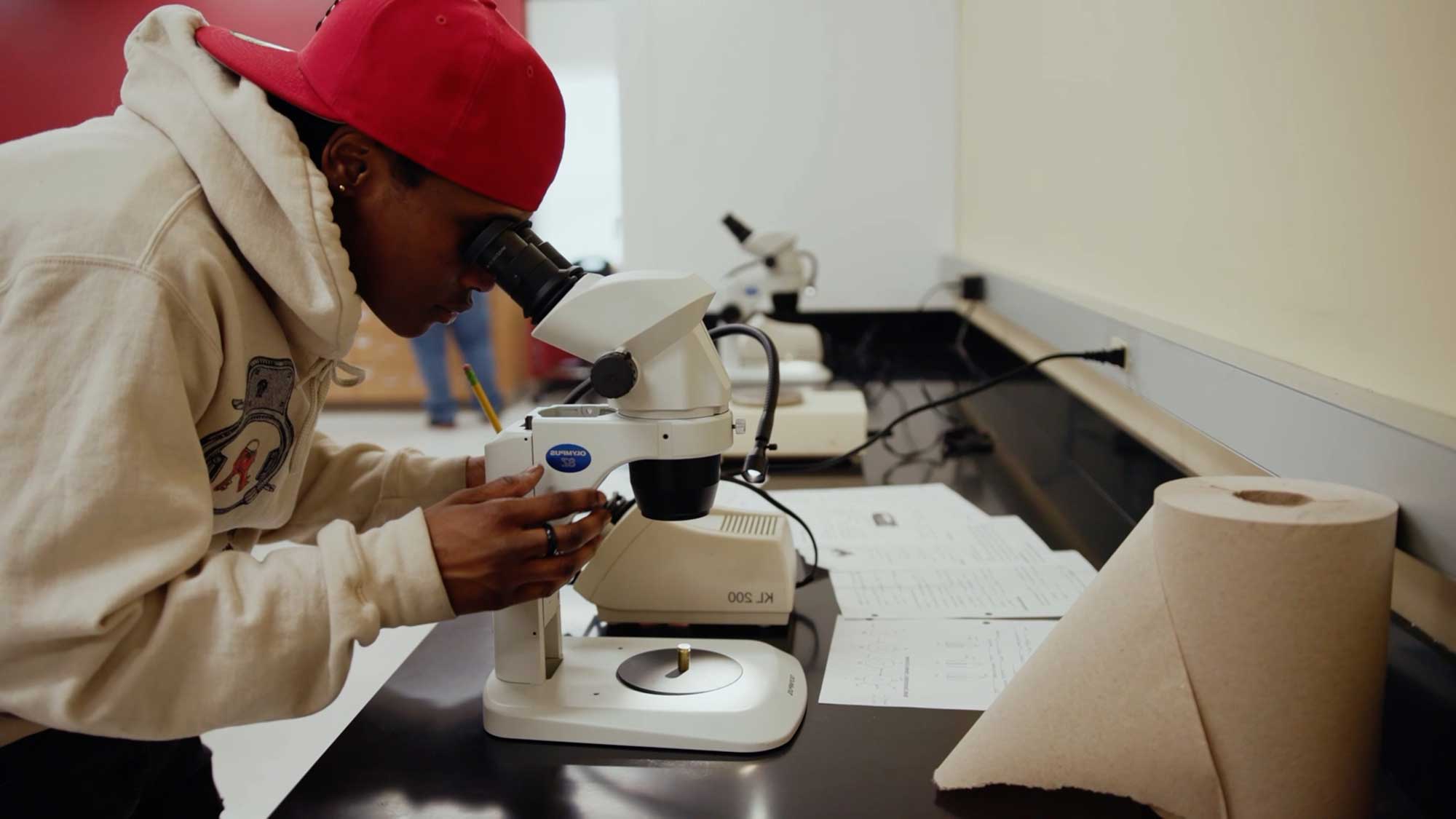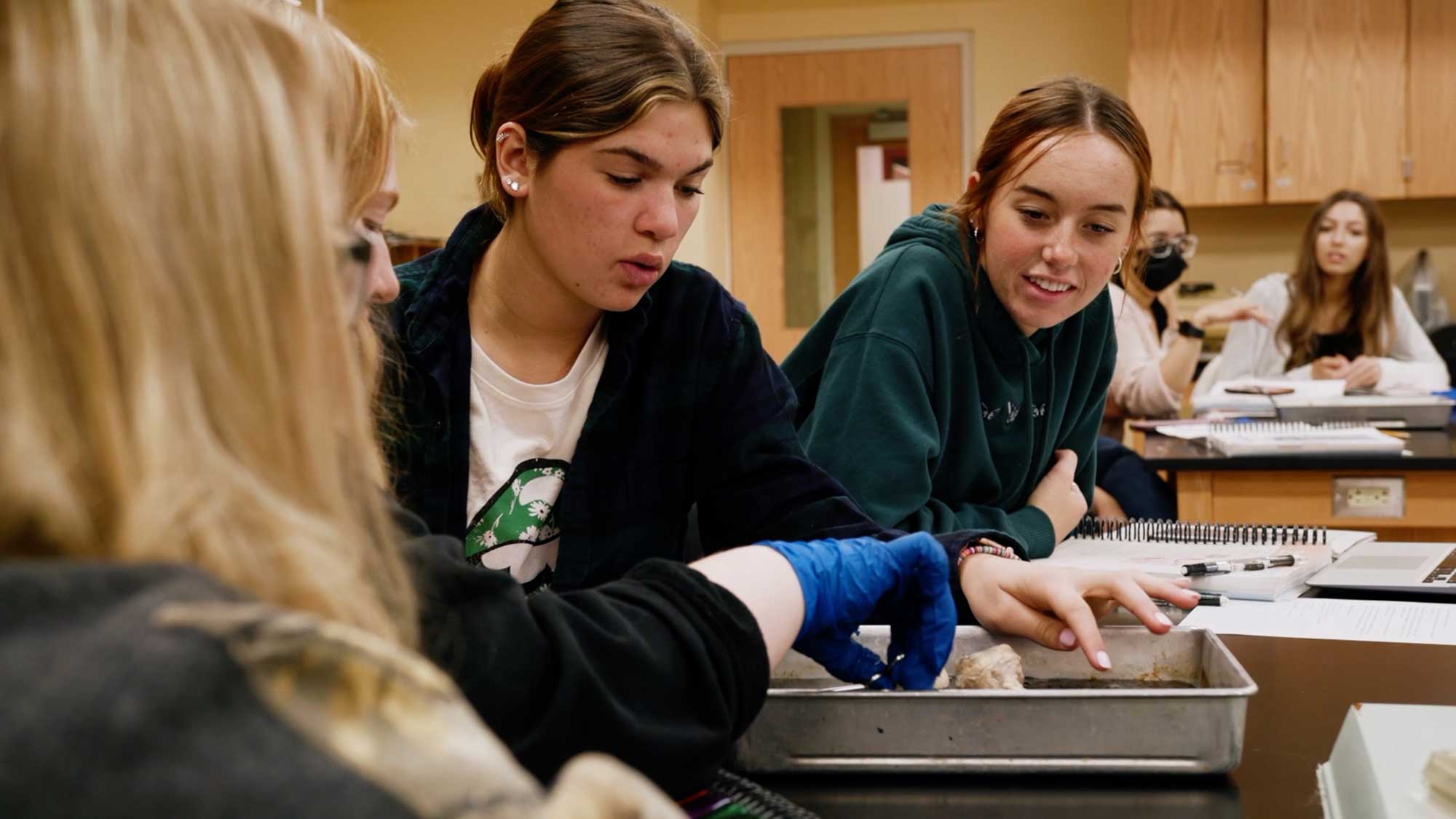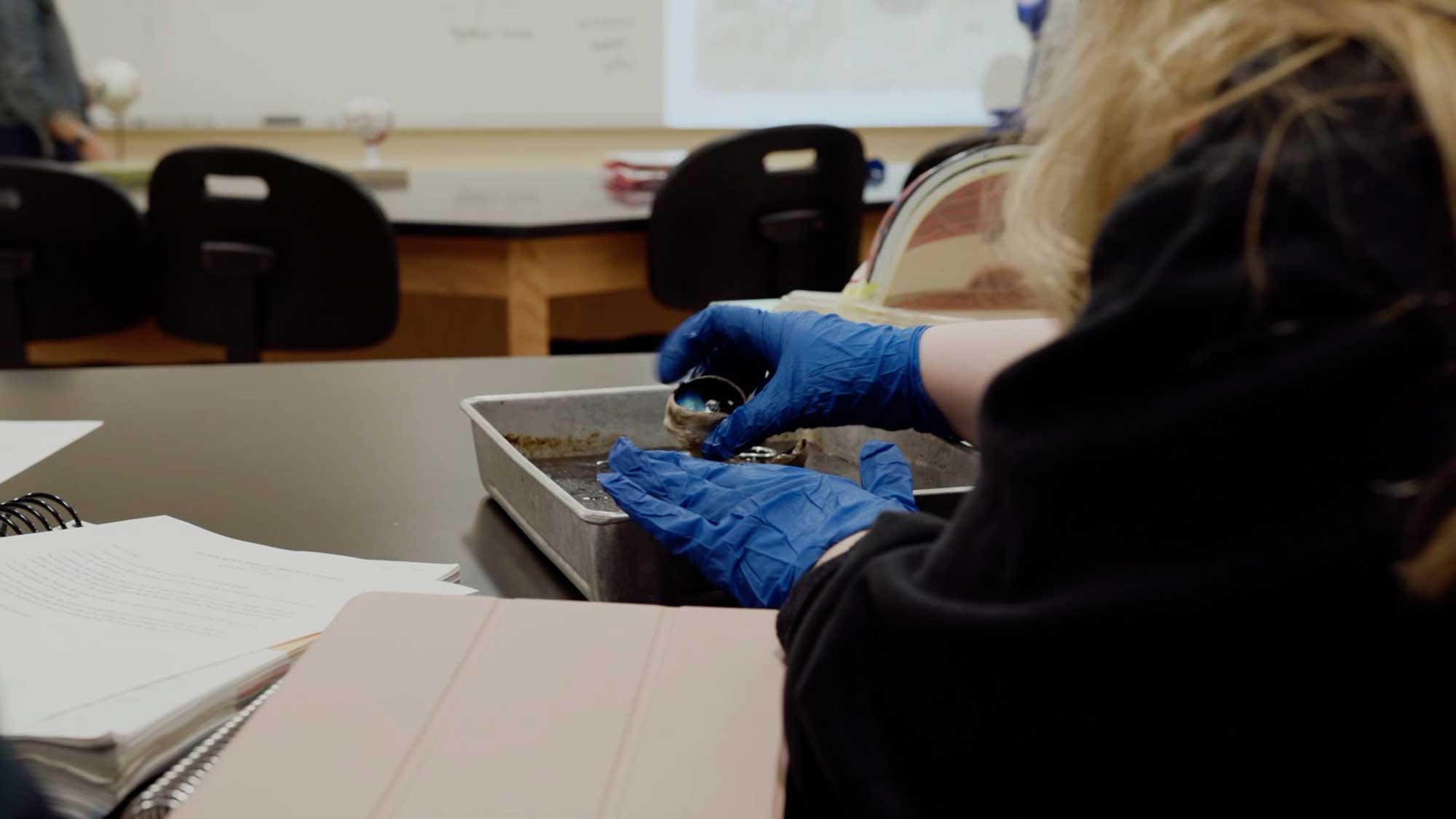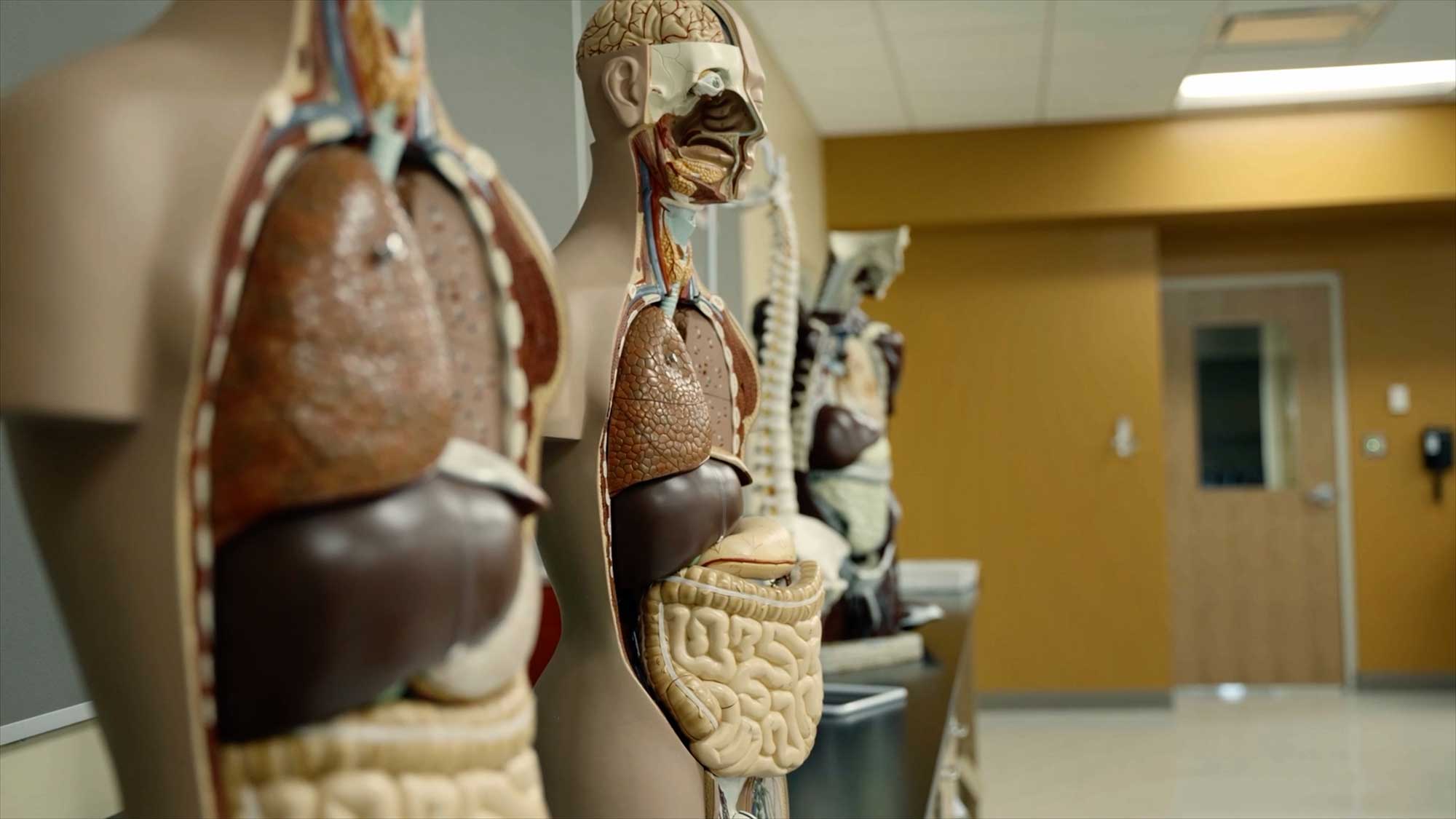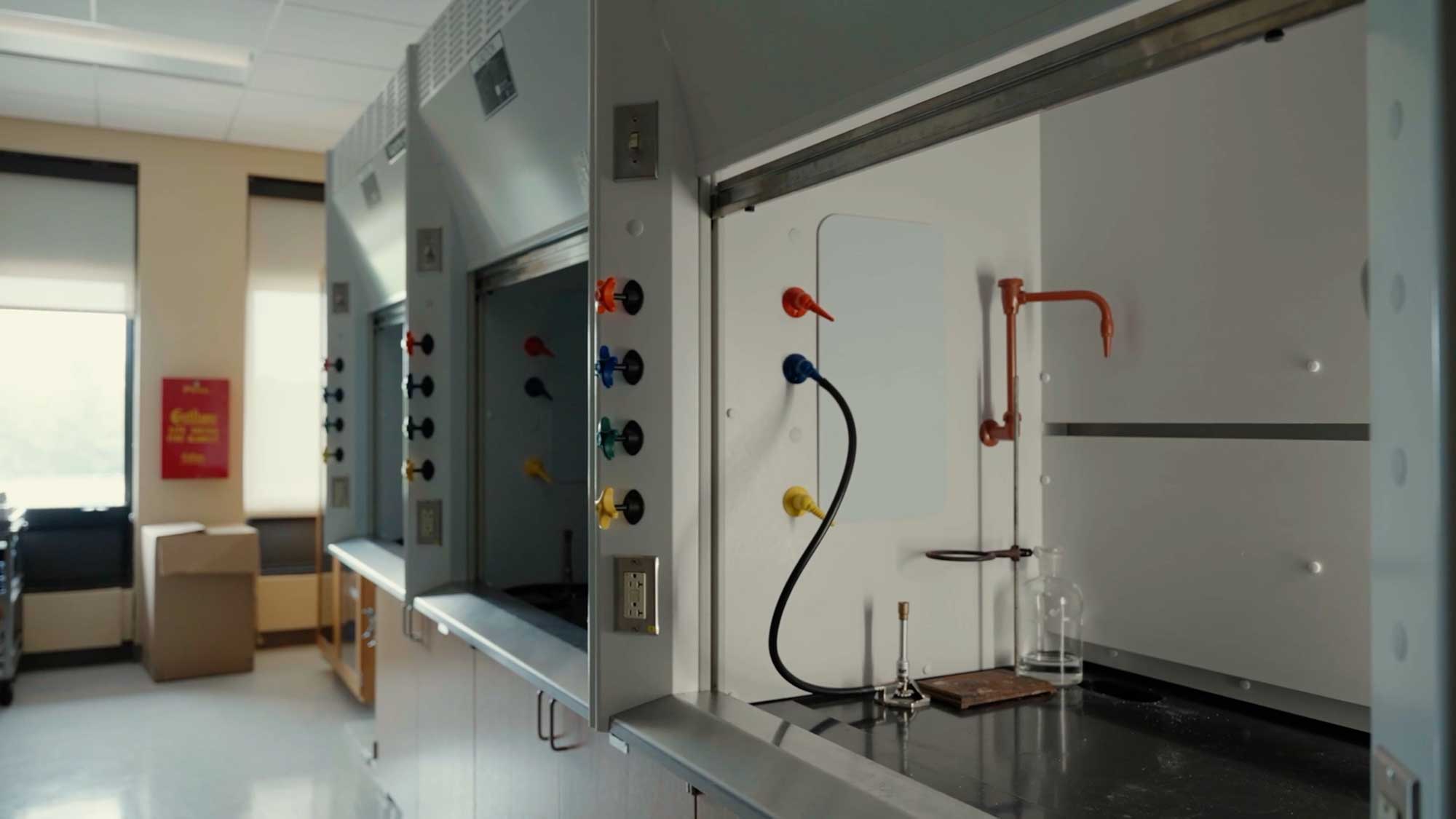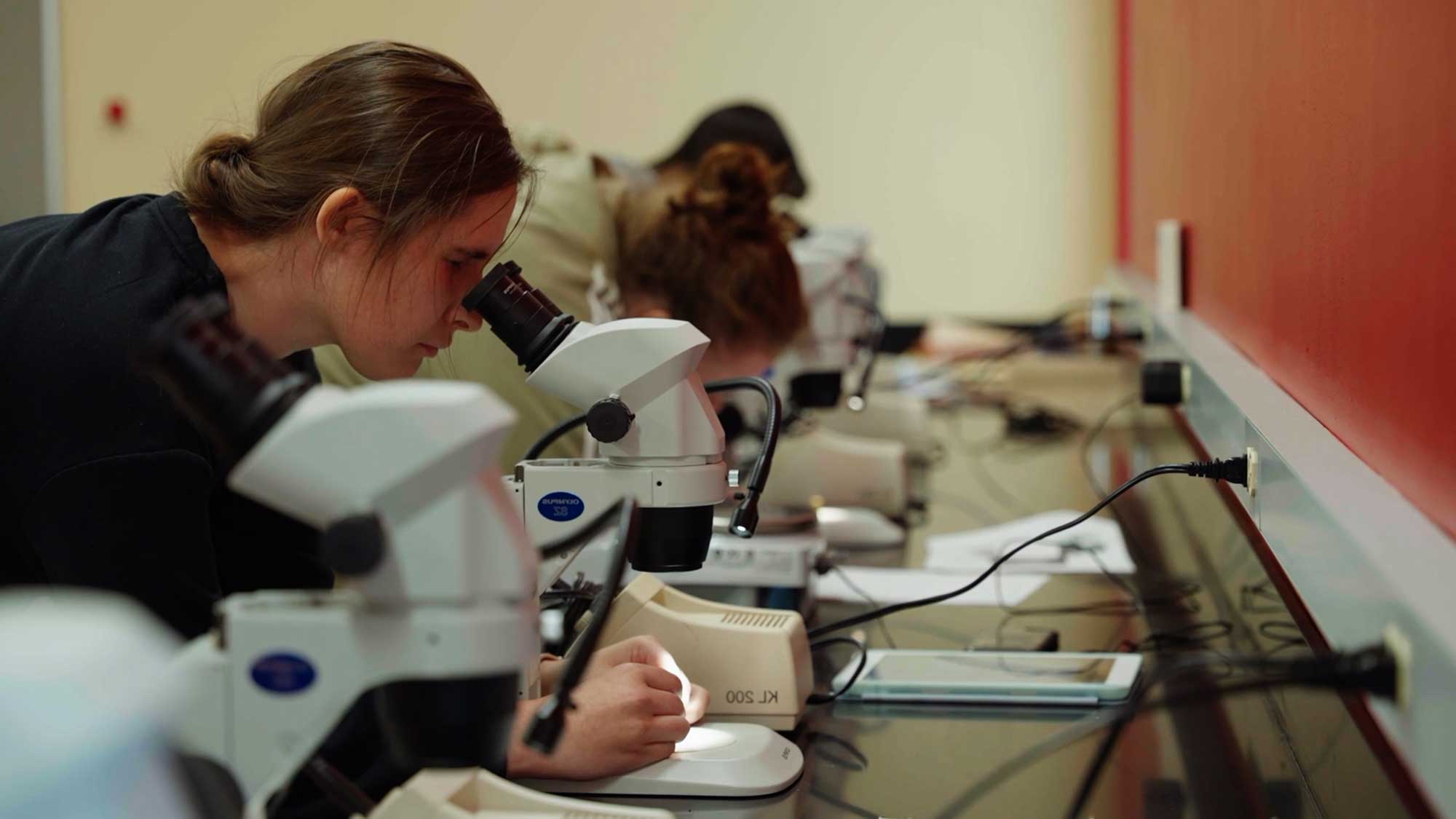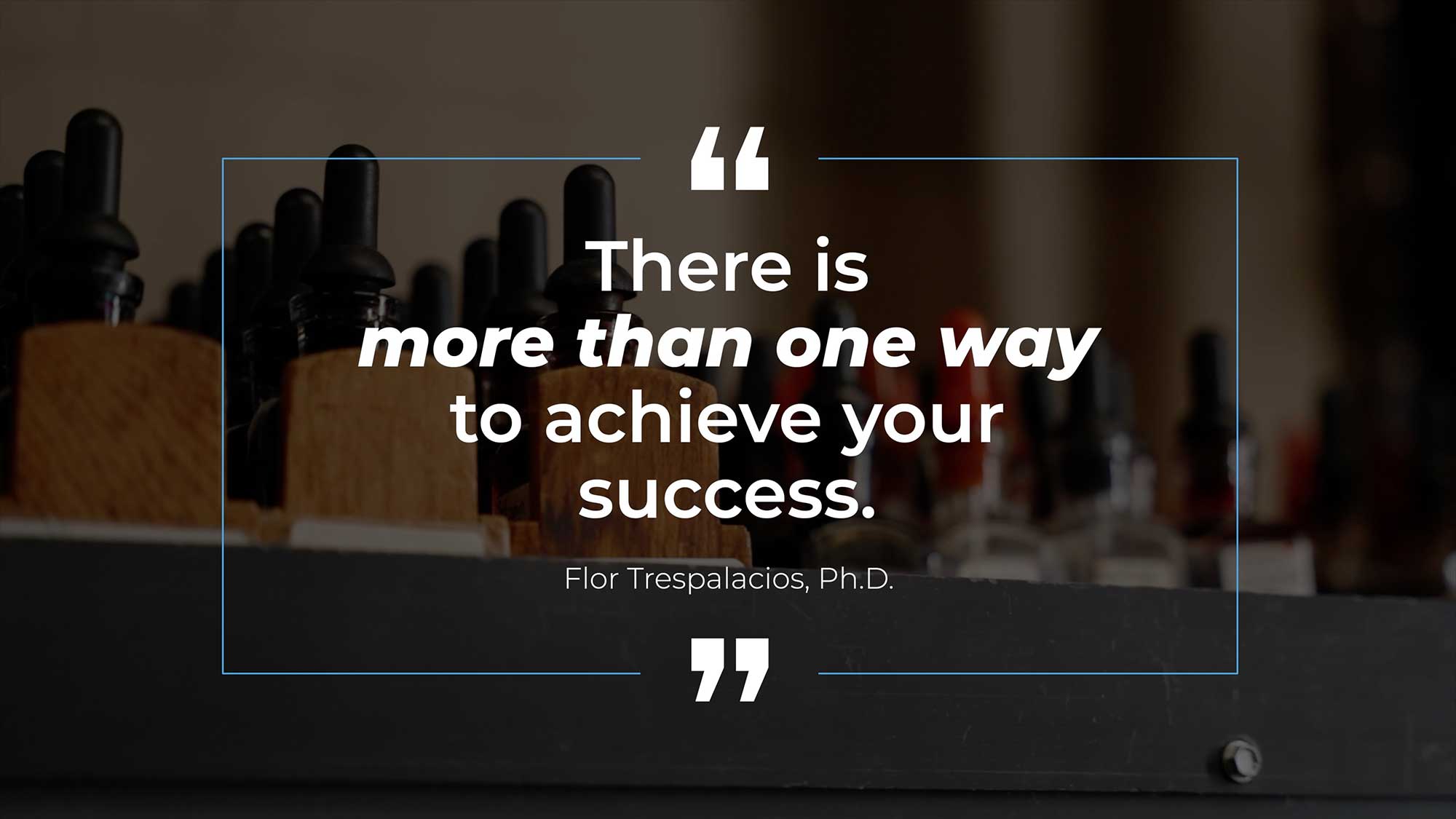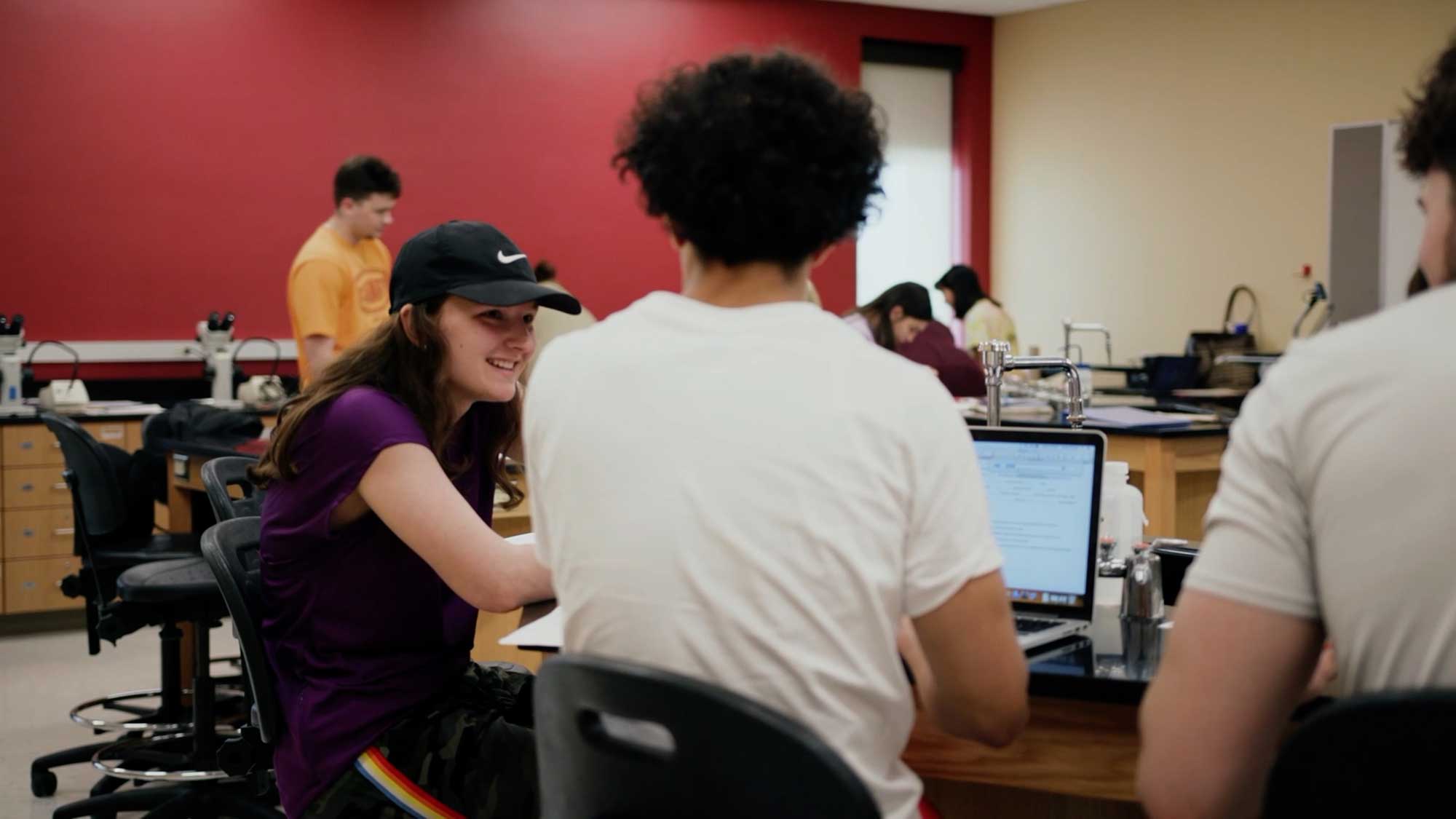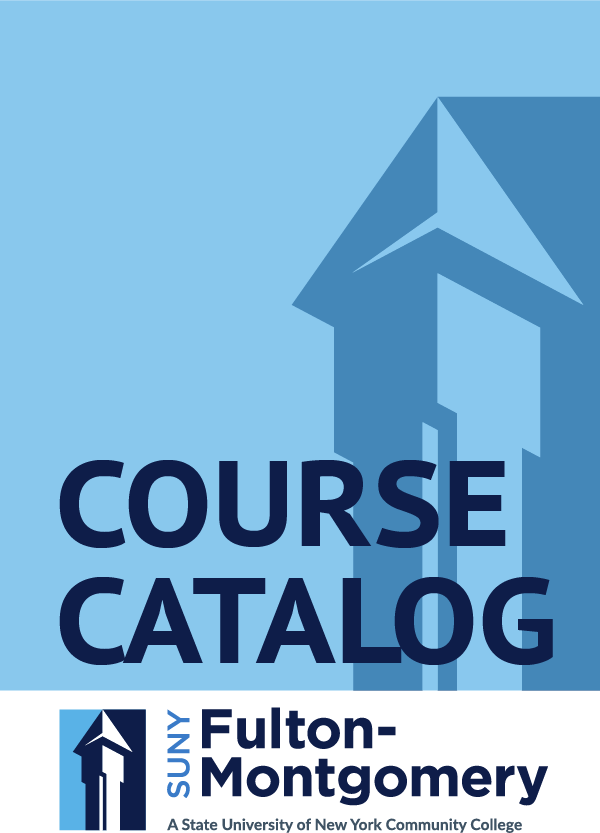Why study Health Science AS at FMCC
This program provides a broad foundation for careers in the healthcare and medical fields. This innovative curriculum is designed to prepare graduating students for transfer to four-year colleges and universities. The program is a multidisciplinary approach that is well-rounded in the area of the natural sciences, social sciences, communication, and health.
Request info for this program
Career Pathways
Our region boasts a wide variety of career opportunities with competitive salaries in the healthcare and medical fields after students transfer and earn their bachelorette or graduate degree(s). The positions presented are potential career pathways FMCC graduates can take and are just a sample of the many career possibilities.
The labor market and employer information are specifically presented for the Amsterdam, Gloversville, Capital District, and the Mohawk Valley regions. Salary information is based on estimates within the Capital District.
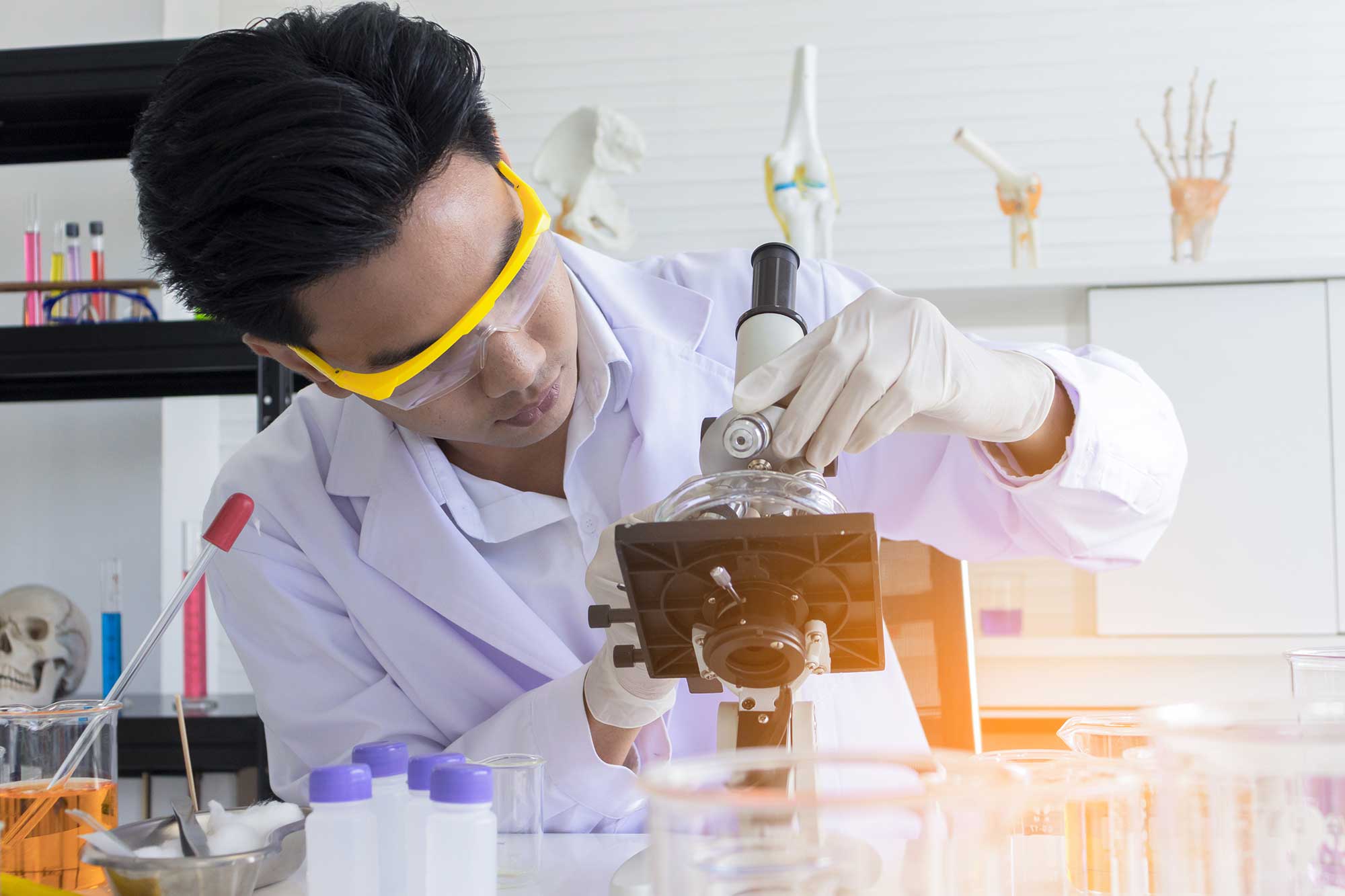
MEDIAN SALARY
$60,921*
SALARY RANGE $29,899 - $79,722
Clinical laboratory technologists (commonly known as medical laboratory scientists) and clinical laboratory technicians collect samples and perform tests to analyze body fluids, tissue, and other substances. (bls.gov)
Over 1,100 expected jobs in the region in the next 10 years.
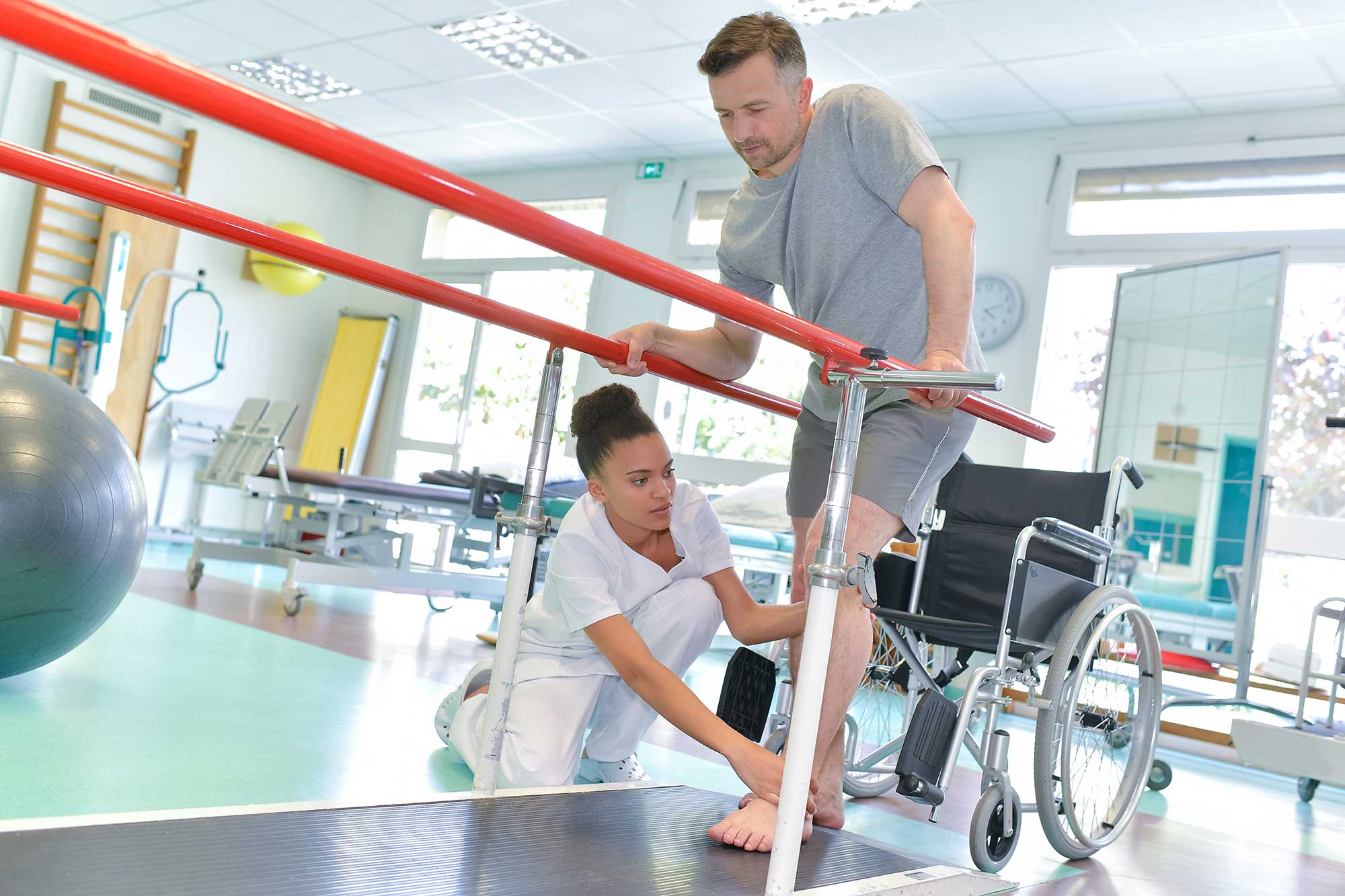
MEDIAN SALARY
$78,214*
SALARY RANGE $57,374 - $105,776
Assess, plan, and organize rehabilitative programs that help build or restore vocational and daily living skills, as well as general independence, to persons with disabilities. Use therapeutic techniques, adapt the individual’s environment, teach skills, and modify specific tasks that present barriers to the individual. (bls.gov)
Over 700 expected jobs in the region in the next 10 years.
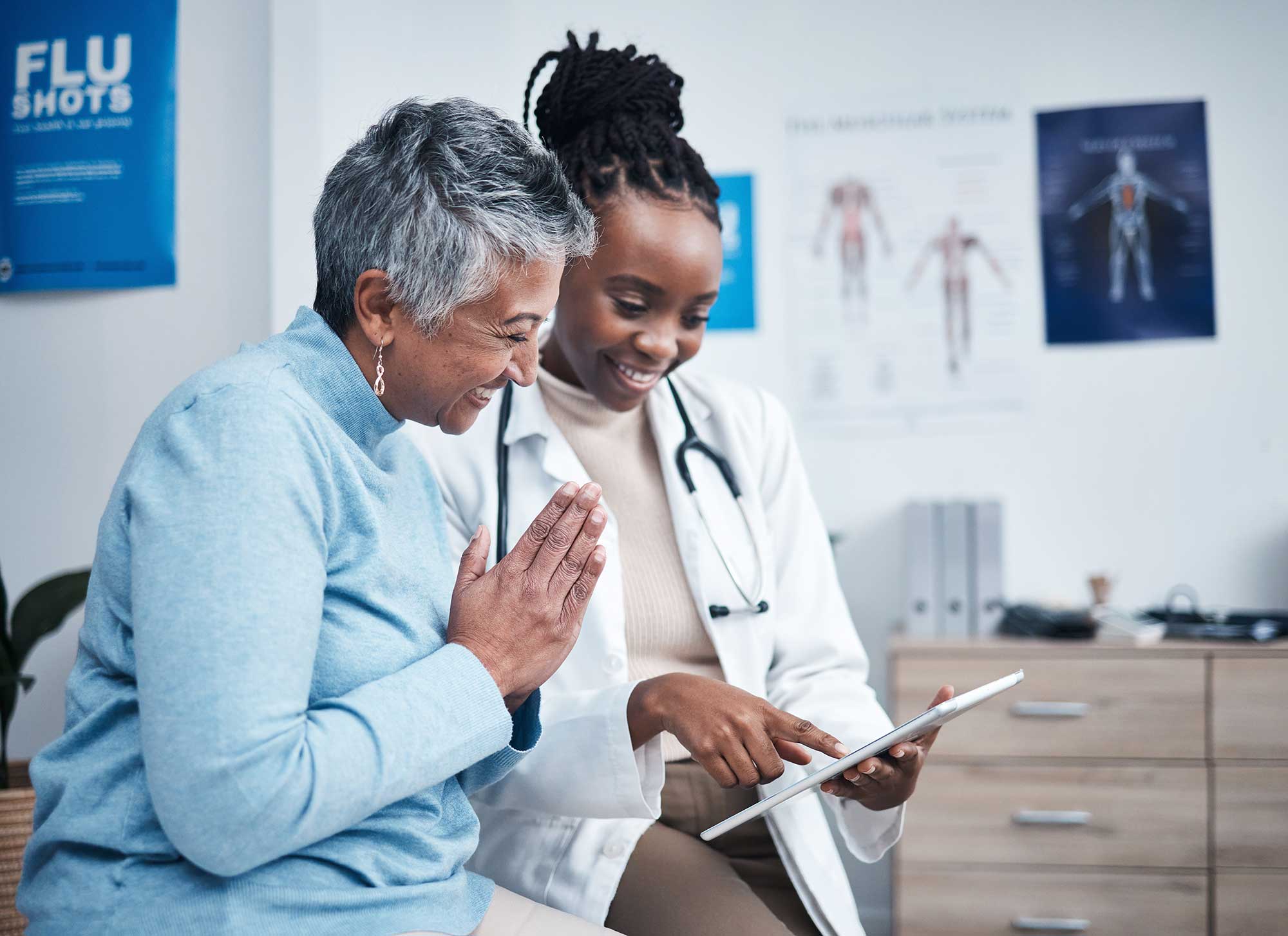
MEDIAN SALARY
$121,481*
SALARY RANGE $95,959 - $153,881
Provide healthcare services typically performed by a physician, under the supervision of a physician. Conduct physicals, provide treatment, counsel patients, and may in some cases, prescribe medication. Must graduate from an accredited educational program for physician assistants. (bls.gov)
Nearly 1,100 expected jobs in the region in the next 10 years.
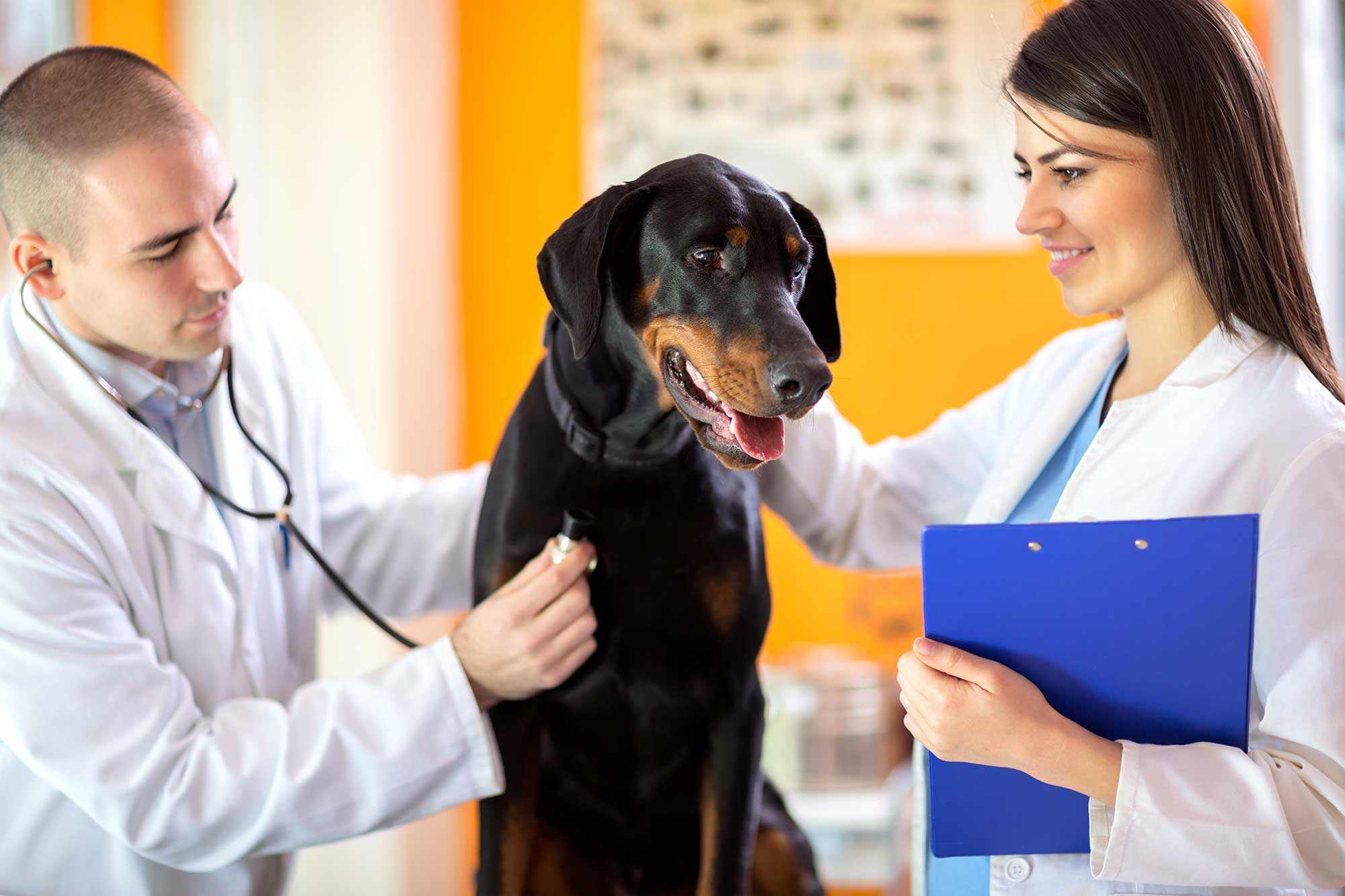
MEDIAN SALARY
$106,922*
SALARY RANGE $70,858 - $222,465
Diagnose, treat, or research diseases and injuries of animals. Includes veterinarians who conduct research and development, inspect livestock, or care for pets and companion animals. (bls.gov)
Over 500 expected jobs in the region in the next 10 years.
Salary information presented are estimates and can be different for each individual based on education, experience, and the specific employer.
Labor market data is based on 2021 estimates derived from Lightcast (Career Coach | Lightcast)
Some of Our Regional Employers
Our commitment to your career path goes beyond the classroom with continued expansion of hands-on internships, job shadowing, and job placement opportunities with over 50 regional business and organization exclusive partners, a career network of over 200 regional companies and organizations; plus Annual Job Fairs every Spring semester.
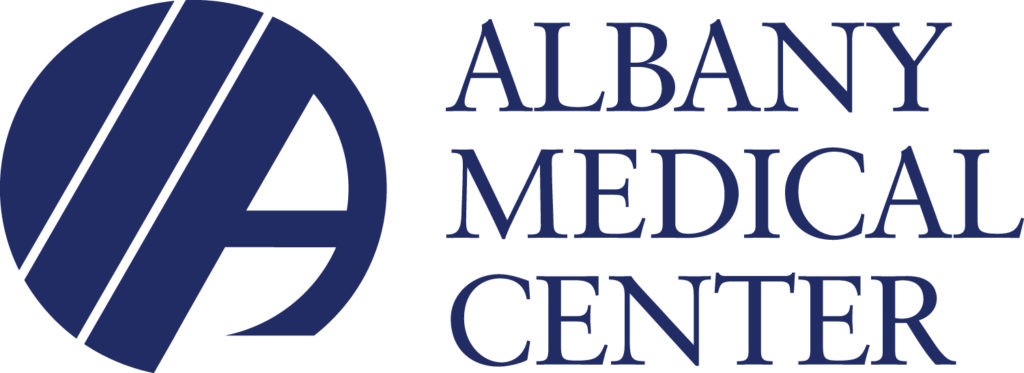


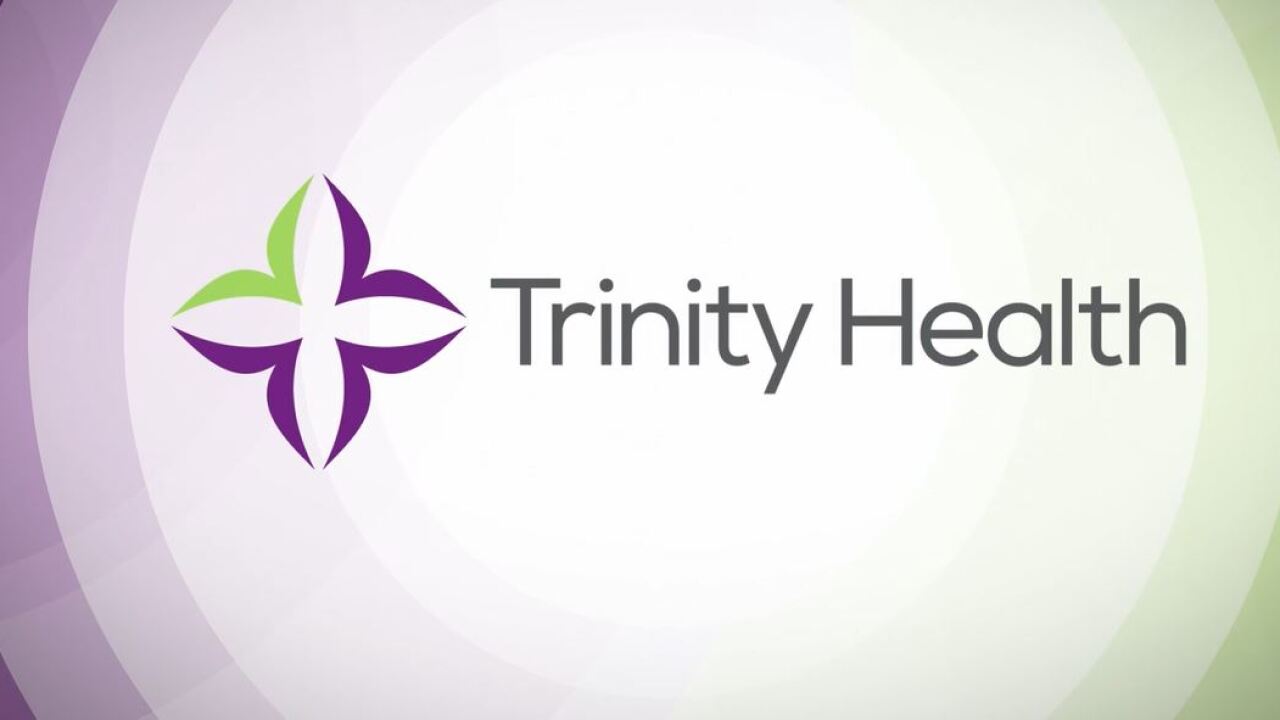
Transfer Opportunities
Being part of the largest system of public higher education in the United States, the State University of New York, SUNY FMCC has established a multitude of transfer pathways for our students at both SUNY and Private schools. Below are some of our major transfer colleges and universities.

Majors: Biomedical Technology, B.S. Clinical Laboratory Sciences B.S., Microbiology B.S., Pharmaceutical Sciences B.S., Public Health B.S. to Doctor of Pharmacy

Majors: Cardiovascular Profusion B.S., Medical Imaging B.S., Medical Technology, B.S., Physical Therapy B.S., Radiation Therapy B.S., Respiratory Care B.S., and Nursing B.S.

Majors: Health & Occupational Sciences B.S.
60 Credits
#1
4 NEW
Program Insight
Graduates of the Health Studies program have gone on to rewarding healthcare careers after transferring to 4-year colleges and universities. The education at SUNY FMCC provides a strong foundation in preparing you for future career success.
Learning Outcomes
Students will be able to:
-
Demonstrate the safe and proper use of scientific instrumentation, measuring devices, chemical reagents, media, and/or tools of science in a laboratory setting.
-
Demonstrate communication, problem solving and critical thinking skills pertinent in the healthcare sector.
-
Understand and utilize the scientific method.
-
Promote health and wellness among members of the college and/or local communities, through service learning
Program Features
Health Science - Video:
Experienced Faculty
Learn from dedicated professors who have years of experience working in various areas of the science and healthcare fields.
Service Learning Projects
Students will deepen their understanding of course material in HLT 201 Health Science Seminar and carry out semester long service learning projects that addresses a need of individuals, organizations, schools, or other entities in the community.
Transfer Planning Support
Students have support from the Academic Advising Office to guide you through your program including transfer planning with 4-year colleges and universities.
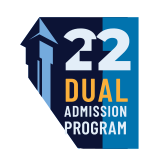
Dual Admissions Opportunities
Take advantage of the dual admissions opportunities and be accepted into bachelorette health science related programs at either Upstate Medical University, and Maria College while attending the Health Science program at SUNY FMCC.
Course Highlights
Course Catalog
SUNY FMCC offers its catalog online in a downloadable PDF document that makes information on programs, courses and policies most current and accessible, while reducing impact on the environment. Additional information is available on the College’s website and portal. To read and search the FMCC Catalog, you’ll need Adobe Reader version 7.0 or later.
2025-2026 FMCC CATALOGProgram Course Layout
The program provides a strong foundation for students transferring to four-year colleges and universities. The coursework combines natural sciences, social sciences, communication, and health along with general education courses. Here are some of the courses you will take.
This course will expose students to a diversity of potential careers in health care and related fields. Students will become familiar with healthcare delivery in the United States. Students will explore employment opportunities and current trends within the industry. Emphasis will be placed on the skills, personal attributes, and academic preparation required for various health related occupations.
An introduction to the biology of microorganisms, with a focus on bacteria. Course topics include biochemistry, cell structure and function, metabolism, microbial ecology, microbial genetics, applied microbiology, microbial control, epidemiology, pathogenesis and microbial disease. Laboratory exercises reinforce those principles discussed in lecture.
In this course, students will explore a health science related career, through a job shadow experience. Each student will develop a personal plan to achieve their academic and career goals. Students will participate in a service learning project that addresses a need of individuals, organizations, schools, or other entities in the community.
This course includes: the biological roles of energy, protein, vitamins, and minerals; digestion, absorption, and storage of nutrients; the chemical nature of foods and food processing; assessment of nutritional status; interactions of nutrients and disease; food supplementation; and community nutrition.


